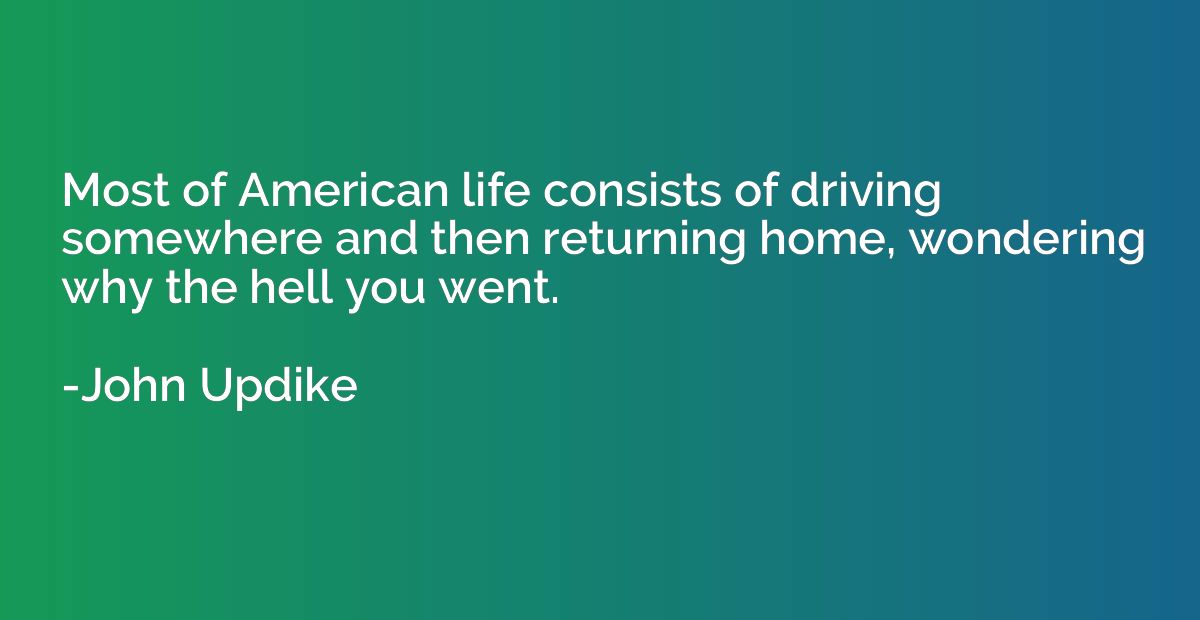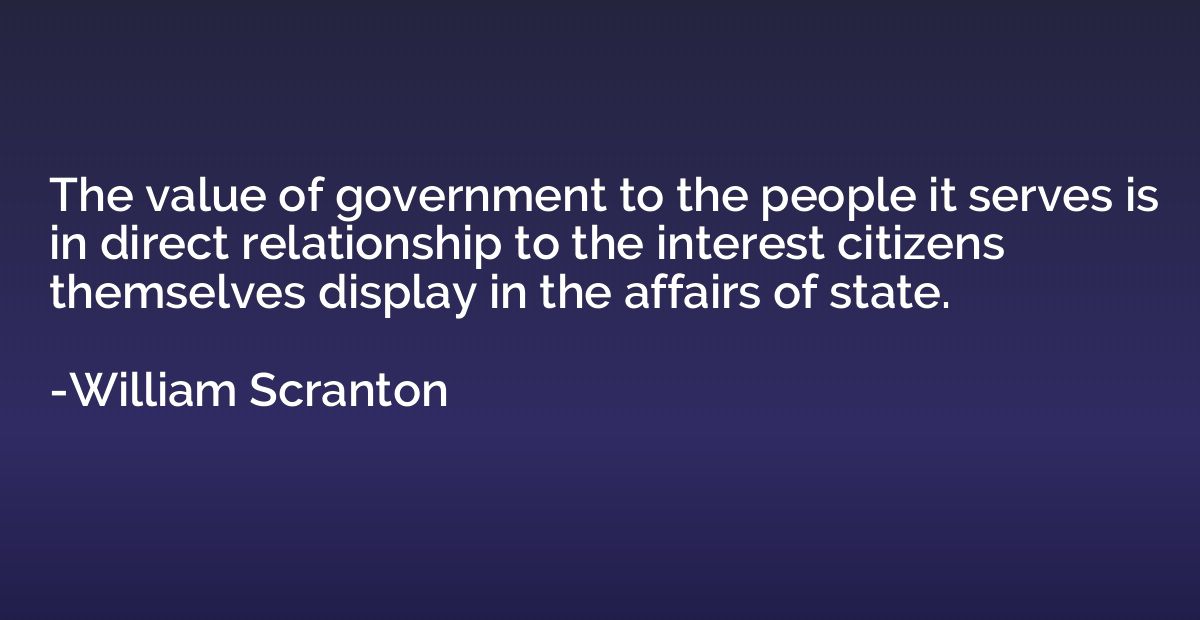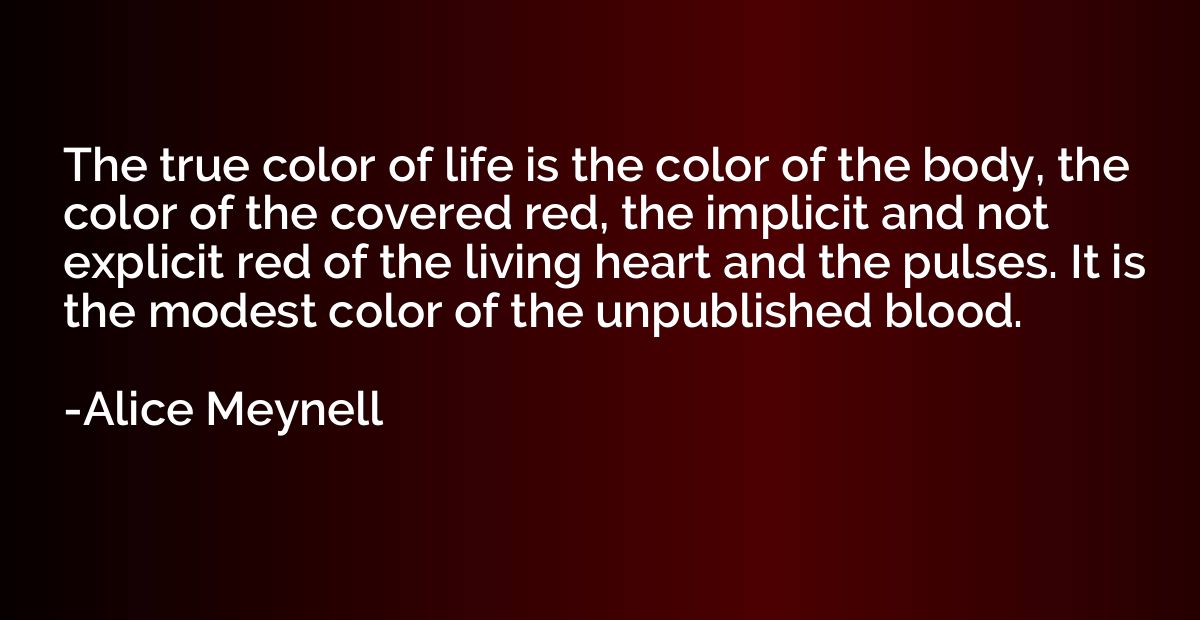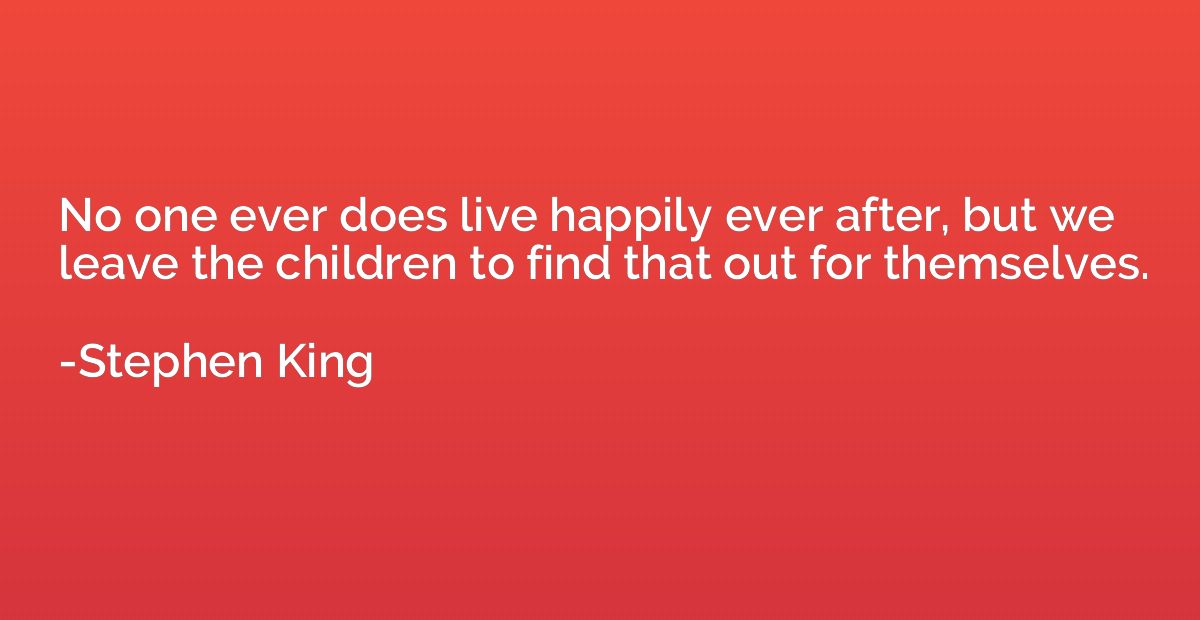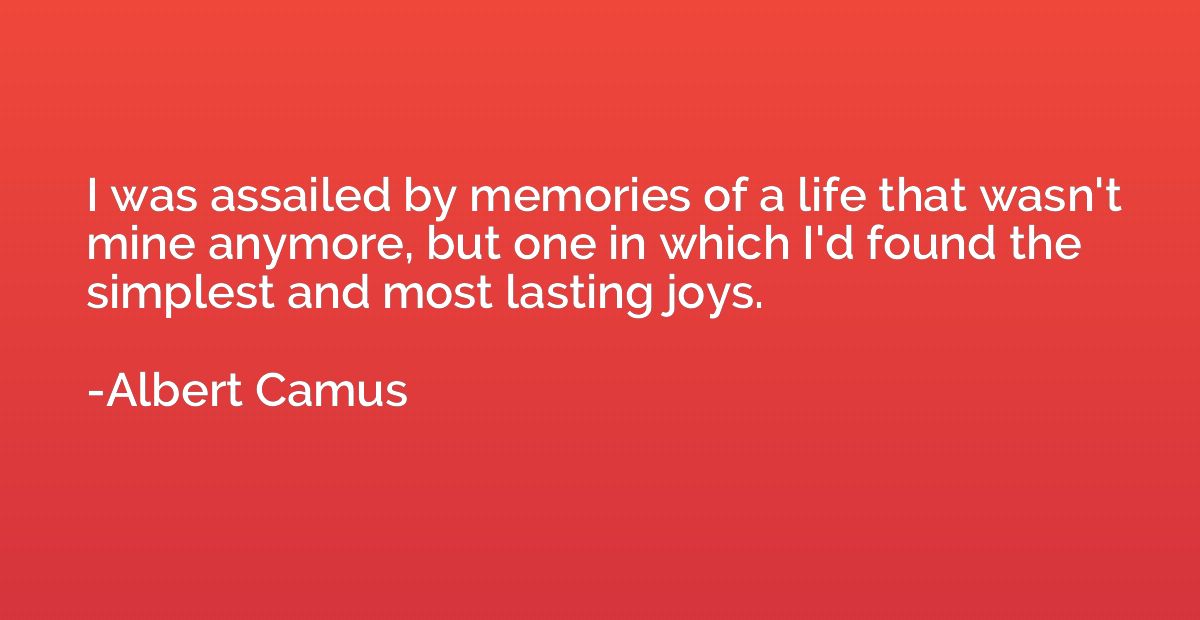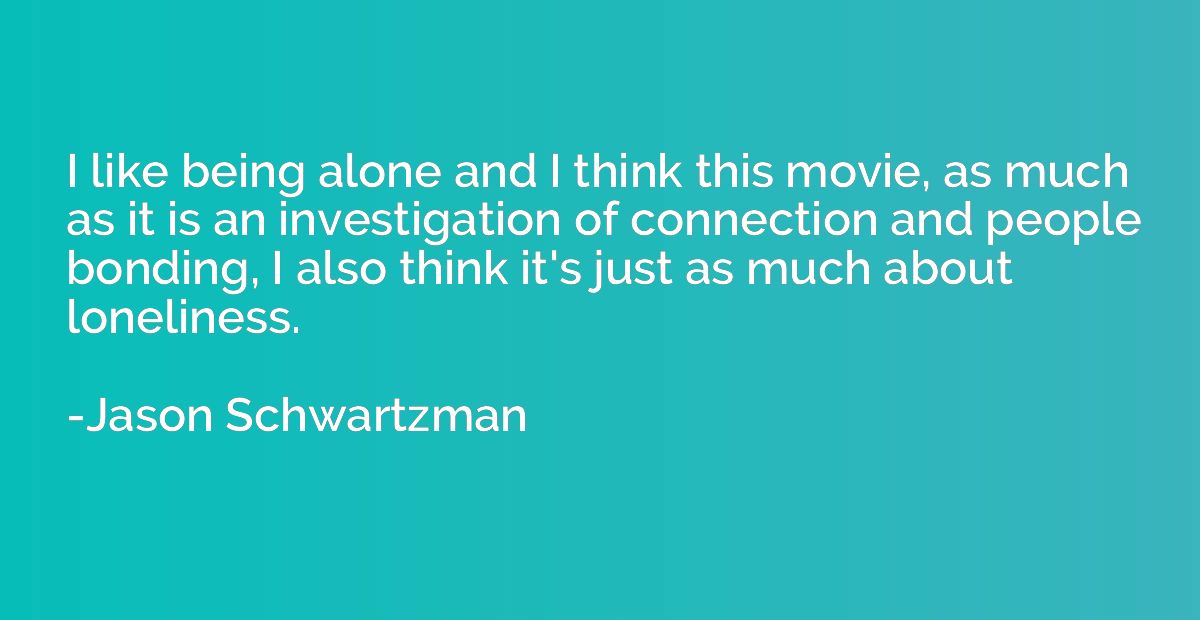Quote by Eric Hoffer
Thus we find that people who fail in everyday affairs show a tendency to reach out for the impossible. They become responsive to grandiose schemes, and will display unequaled steadfastness, formidable energies and a special fitness in the performance of tasks which would stump superior people. It seems paradoxical that defeat in dealing with the possible should embolden people to attempt the impossible, but a familiarity with the mentality of the weak reveals that what seems a path of daring is actually an easy way out: It is to escape the responsibility for failure that the weak so eagerly throw themselves into grandiose undertakings. For when we fail in attaining the impossible we are justified in attributing it to the magnitude of the task.
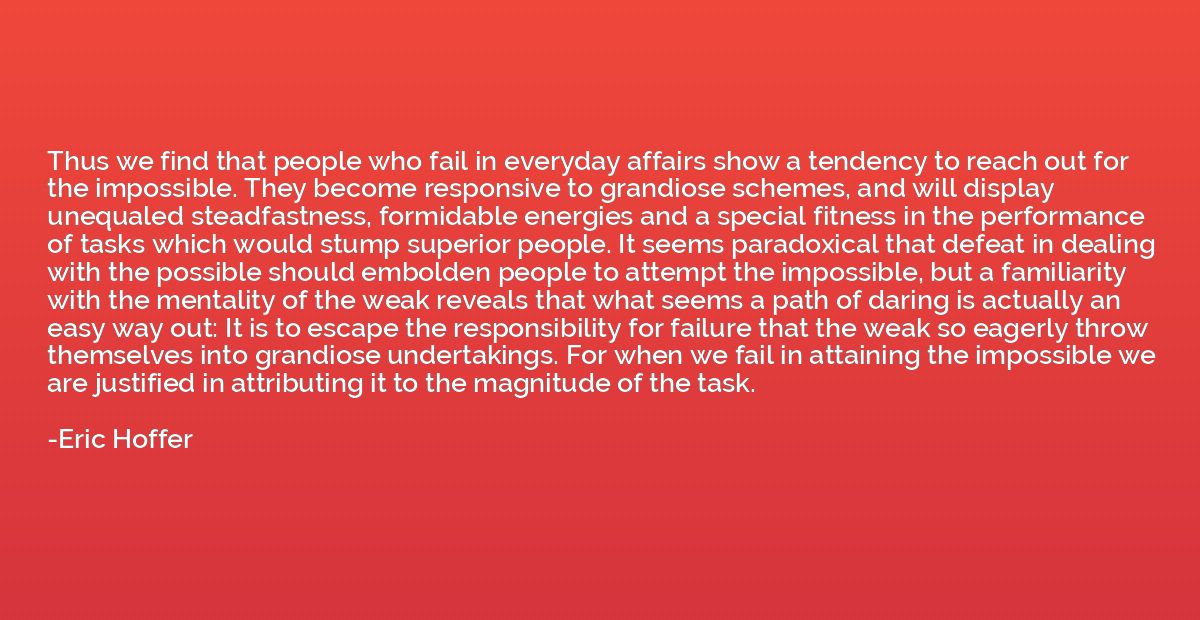
Summary
The quote suggests that individuals who struggle with everyday tasks often have a tendency to pursue far-fetched goals. These individuals may exhibit incredible determination, energy, and competence when it comes to tasks that might intimidate others. While it may seem paradoxical, this behavior stems from a desire to avoid responsibility for their failures. By attempting grandiose undertakings, the weak can justify their shortcomings by attributing them to the immense difficulty of the task. This mindset allows them to escape accountability for their lack of success in more achievable endeavors.
Topics
Risk
By Eric Hoffer





